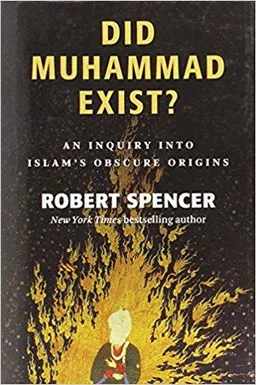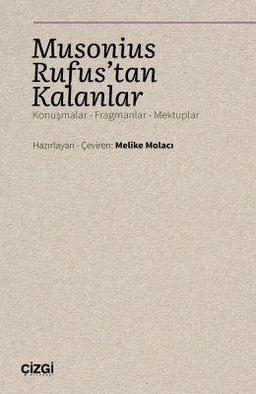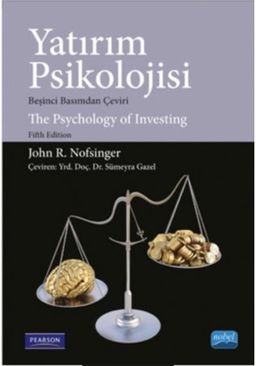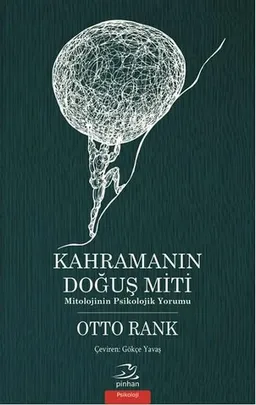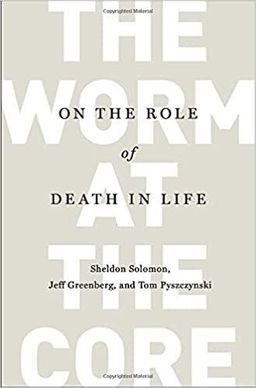About The Worm at the Core
The Worm at the Core subject, statistics, prices and more here.About
A transformative, fascinating theory—based on robust and groundbreaking experimental research—reveals how our unconscious fear of death powers almost everything we do, shining a light on the hidden motives that drive human behavior
More than one hundred years ago, the American philosopher William James dubbed the knowledge that we must die “the worm at the core” of the human condition. In 1974, cultural anthropologist Ernest Becker won the Pulitzer Prize for his book The Denial of Death, arguing that the terror of death has a pervasive effect on human affairs. Now authors Sheldon Solomon, Jeff Greenberg, and Tom Pyszczynski clarify with wide-ranging evidence the many ways the worm at the core guides our thoughts and actions, from the great art we create to the devastating wars we wage.
The Worm at the Core is the product of twenty-five years of in-depth research. Drawing from innovative experiments conducted around the globe, Solomon, Greenberg, and Pyszczynski show conclusively that the fear of death and the desire to transcend it inspire us to buy expensive cars, crave fame, put our health at risk, and disguise our animal nature. The fear of death can also prompt judges to dole out harsher punishments, make children react negatively to people different from themselves, and inflame intolerance and violence.
But the worm at the core need not consume us. Emerging from their research is a unique and compelling approach to these deeply existential issues: terror management theory. TMT proposes that human culture infuses our lives with order, stability, significance, and purpose, and these anchors enable us to function moment to moment without becoming overwhelmed by the knowledge of our ultimate fate. The authors immerse us in a new way of understanding human evolution, child development, history, religion, art, science, mental health, war, and politics in the twenty-first century. In so doing, they also reveal how we can better come to terms with death and learn to lead lives of courage, creativity, and compassion.
Written in an accessible, jargon-free style, The Worm at the Core offers a compelling new paradigm for understanding the choices we make in life—and a pathway toward divesting ourselves of the cultural and personal illusions
Author: Tom Pyszczynski
Author: Sheldon Solomon
Author: Jeff Greenberg
Estimated Reading Time: 8 hrs. 10 min.Page Number: 288Publication Date: 12 May 2015Publisher: Random HouseISBN: 9781400067473Country: United States of AmericaLanguage: İngilizceFormat: Karton kapak
About the Author
Tom PyszczynskiYazar · 1 books
psikoloji alanında lisans derecesini Wisconsin Üniversitesi - Milwaukee'den (1976) ve yüksek lisans ve doktora derecesini sosyal psikoloji alanında Kansas Üniversitesi'nden (1979 ve 1980) aldı. Araştırması 1989'dan beri Ulusal Bilim Vakfı tarafından finanse edilmektedir. Almanya'daki psikologlarla ortak araştırma için bir Alexander von Humboldt Bursu ve Hollanda'daki psikologlarla ortak araştırmalar için Hollanda hükümetinden çeşitli hibe almıştır. O ve meslektaşları, ölüm, özgürlük, izolasyon ve doğa gibi varoluşsal problemlerle insan yüzleşmesinin incelenmesine titiz deneysel yöntemler uygulayan, sosyal psikolojinin yeni bir alt disiplini olan Deneysel Varoluşçu Psikolojinin gelişiminde önemli bir rol oynadılar. Sosyal psikolojide çeşitli dersler veriyor.
Dr.Pyszczynski'nin araştırması esas olarak Terör Yönetimi Teorisine odaklanmıştır. meslektaşları Jeff Greenberg ve Sheldon Solomon ile geliştirdiği. Terör yönetimi teorisi, öz saygı ve kültürel inanç sistemlerinin temel insan korkularına, özellikle de ölüm korkusuna karşı koruma sağlamadaki rolü ile ilgilenir. Yıllar boyunca Profesör Pyszczynski ve meslektaşları, benlik saygısı, kendini kandırma, önyargı, kişilerarası ilişkiler, özgecilik, saldırganlık, cinsel kararsızlık, iğrenme, depresyon, anksiyete bozuklukları gibi çok çeşitli konularda terör yönetimi süreçlerinin rolünü araştırdılar. travma, bilinçsiz süreçler, yaşlanma, insani gelişme ve terörizm. Ayrıca, insanların önyargılı görüşlerinin mantıksal olarak mevcut gerçeklerden ve özdenetim süreçlerinin depresyon ve diğer psikolojik bozukluklardaki rolü olduğuna inanarak kendilerini nasıl kandırdıklarına dair araştırmalar yaptı.
